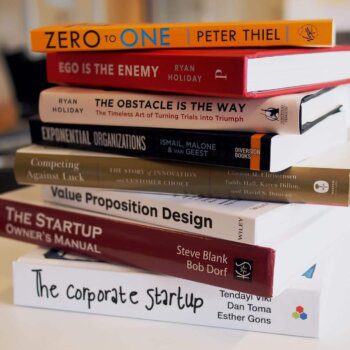A highly critical article in The Verge, “Hey Siri, what happened?”, discusses an issue many of us have been observing for some time: that Apple’s home assistant is noticeably less intelligent and more limited than its competitors such as Alexa or Google Assistant. The usage test confirms it: ten years after Siri’s introduction, if you have, as I do, both Alexa and Google Assistant at home and Siri always in your pocket, you tend to turn to Alexa for automation issues, timers and reminders, and to Google to ask all sorts of questions, leaving Siri only for relatively isolated and specific uses. If you are in an emergency situation, don’t even try…
So what happened? The explanation once given by those who know something about machine learning no longer seems to be the case: Apple is highly respectful of its users’ privacy and so would have more problems than other companies when it comes to collecting and using data to train its algorithms. However, the indications are that Apple is not so enormously respectful, given that it has been caught sending conversations with its assistant to external subcontractors who expressed astonishment at how sensitive some of the information contained in them was, and because it could, without too much trouble, pay third parties to generate those dialogues.
Apparently, the explanation why Siri lags behind by other assistants is simpler: bad management. Problems with the management team, management changes, bad decisions when, for example, linking Siri updates to the release of new products, and above all, the decision to keep the product closed and unable to interact with other non-Apple applications. You can ask Siri to do many things, but all or most of those that try to call other apps will fail miserably, while others try to make you use the company’s apps, which are not always the ones we want to use. In the end, after many frustrating attempts, you end up realizing that Siri is pretty much a one-trick pony that is good for very restricted tasks. In fact, even Apple has withdrawn some of its functionalities, without making it clear whether this is temporary or permanent.
If voice aspires to become a really useful interface to interact with our devices, perhaps Apple should remember that even its most fanatical users probably use applications or even devices made by other companies, and that its assistant should be inclusive, open to developers who can easily integrate it to provide more functionality. At this point, Siri is starting to look more and more like a lost opportunity, that of leading the intelligent assistant market only to fall behind the rest of the field. For a feature launched ten years ago by the world’s largest and most valuable company not to be a leader should prompt some head scratching at Apple HQ, along with questions as to what the company needs to do to fulfill the ambitions it expressed when it presented its voice assistant become a reality…





























